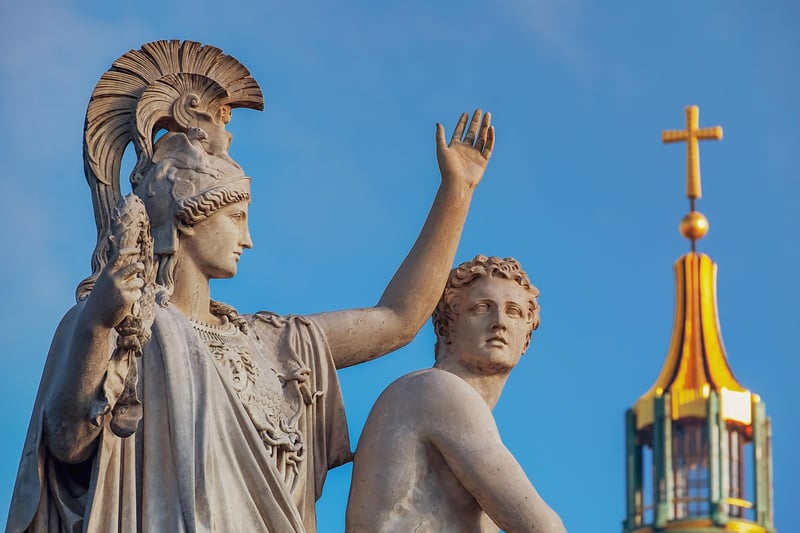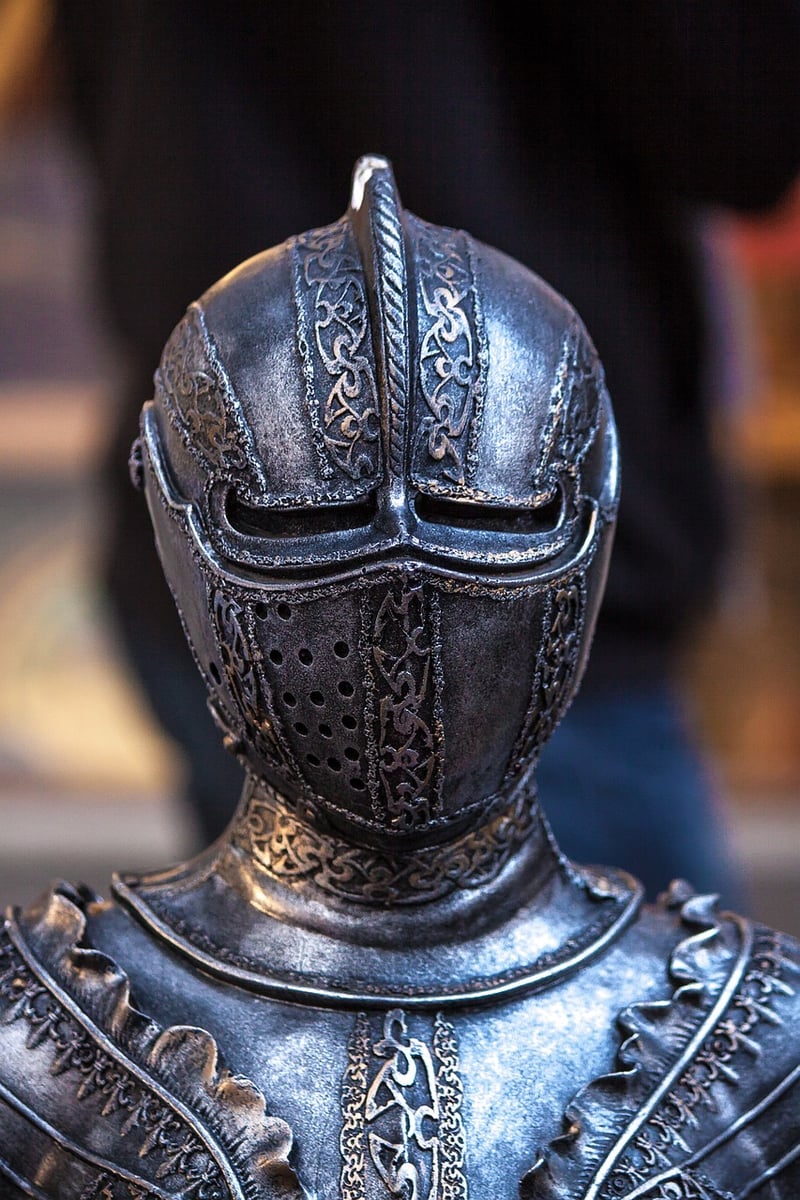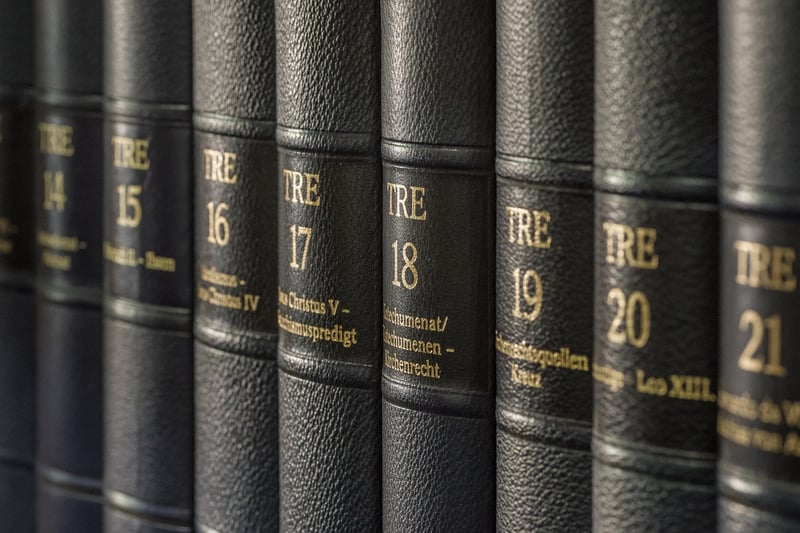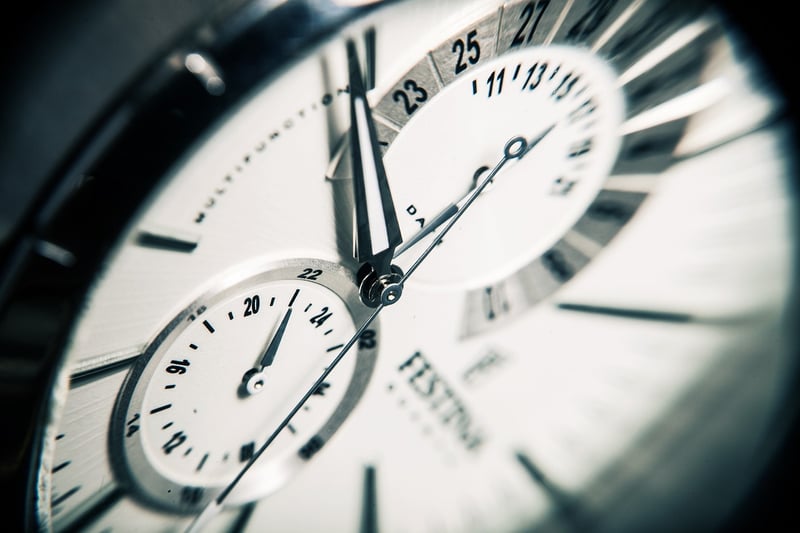Character Development Through Time
Delve into Critical Perspectives on Character Development Through Time
Character development is a fundamental aspect of storytelling that has evolved over time, reflecting changing societal norms, values, and literary trends. By examining critical perspectives on character development through different historical periods, we can gain valuable insights into how characters have been shaped and portrayed in literature and other forms of media.
Ancient Literature
Ancient literature, such as epic poems like the Iliad and the Odyssey by Homer, often featured larger-than-life characters who embodied specific virtues and vices. These characters were often seen as archetypes representing ideals or moral lessons for the audience.

Medieval and Renaissance Literature
In medieval and Renaissance literature, characters began to exhibit more complex and nuanced personalities. Works like Hamlet by William Shakespeare presented characters with internal conflicts, psychological depth, and moral ambiguity. This period marked a shift towards more realistic and relatable character portrayals.

Modern and Contemporary Literature
In modern and contemporary literature, character development has become even more intricate and diverse. Authors like Toni Morrison and Haruki Murakami explore themes of identity, trauma, and existentialism through their characters, offering readers a deeper understanding of the human experience.

Conclusion
As we analyze character development through time, we witness the evolution of storytelling techniques and the representation of human nature. From archetypal figures to multidimensional personalities, characters continue to captivate audiences and provide a lens through which we can explore the complexities of the human condition.
By understanding the critical perspectives on character development across different eras, we can appreciate the rich tapestry of characters that have been created throughout literary history.
